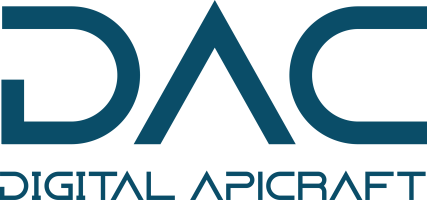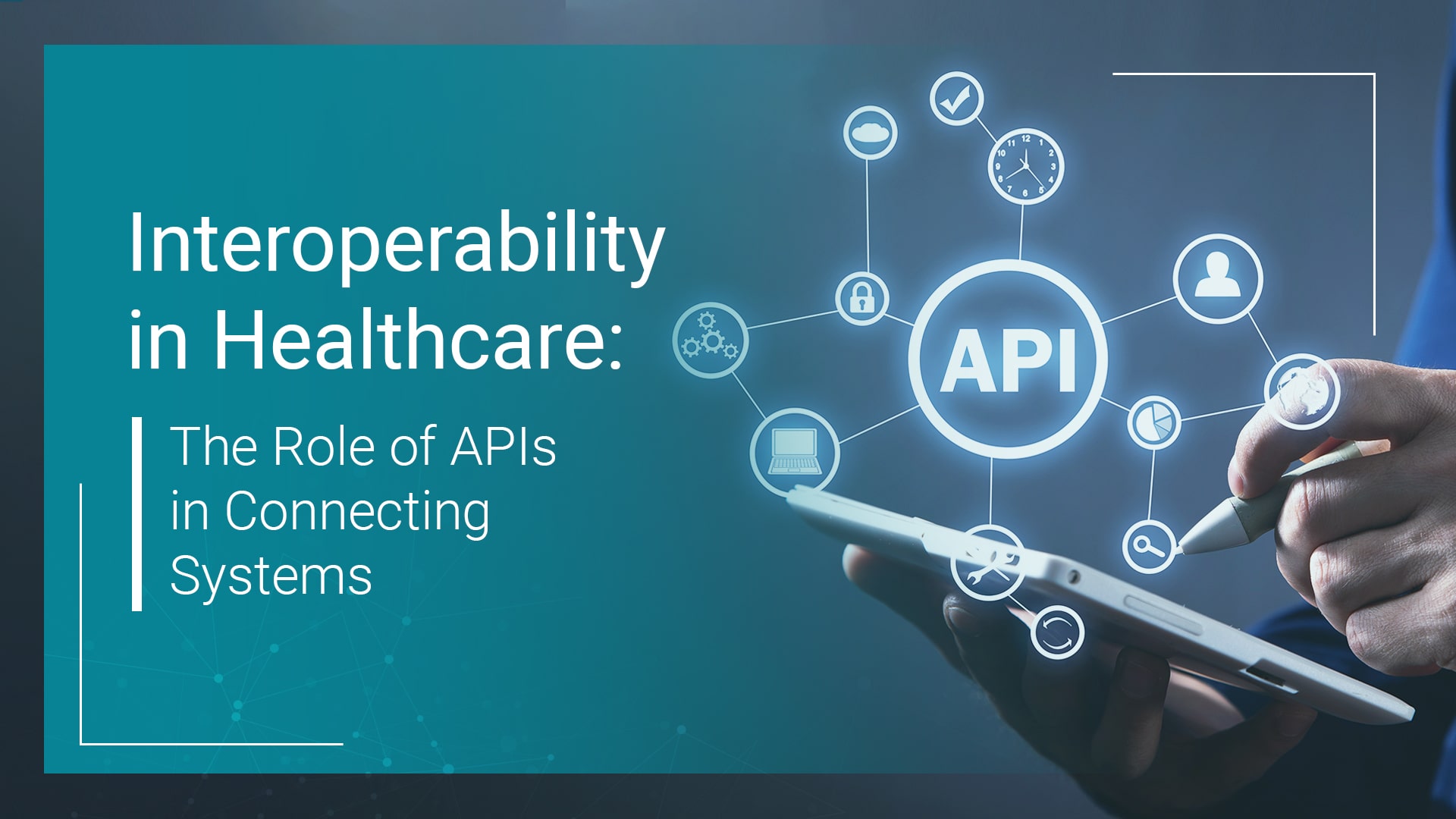In the complex dynamics of healthcare systems where patient information tends to exist in isolated silos, the need for smooth data exchange calls for innovative solutions in the domain. Healthcare is a complex mosaic of diverse systems – Electronic Health Records (EHRs), billing systems, telemedicine platforms, and more – with each serving a distinctive purpose. However, their isolated existence poses significant challenges to holistic patient care.
Enter healthcare data interoperability, the capability of these systems to seamlessly share and exchange data. Interoperability breaks down these barriers plagued by data silos, fostering a collaborative environment that enhances clinical decision-making, reduces administrative burden, and ultimately improves patient outcomes. As we delve into the realm of healthcare API management and explore the transformative impact on data interoperability, it is evident that the power of APIs is instrumental for unlocking the full potential of patient care.
Bridging the Divide with APIs
At the heart of healthcare data interoperability lies the unifying force of APIs. These purpose-built interfaces act as bridges, enabling diverse healthcare systems to communicate effectively. APIs facilitate a seamless, secure and standardized exchange of data, ensuring that the information flows smoothly across applications with no compromises in security or integrity.
Healthcare API management is more than just a technological solution; it is a strategic shift towards a healthcare ecosystem that operates as a unified entity. APIs facilitate the secure and standardized exchange of data, acting as a channel of communication that transcends the limitations of individual systems. This granular approach can not only enhance security but also empower developers to create custom tailored solutions, driving further innovation in healthcare and medical technology.
Overcoming the Challenges in Implementation
While the promise of seamless data exchange may seem fascinating to many, the journey towards data interoperability in healthcare is not without its challenges. After all, when it comes to standardizing data formats, addressing security concerns, or navigating technological disparities – these certainly demand a more nuanced approach.
Embracing standardized API protocols, such as Fast Healthcare Interoperability Resources (FHIR), has now become crucial in establishing a common language for the diverse healthcare systems. This not only fosters healthcare data interoperability but also sets the stage for a more cohesive and collaborative healthcare environment.
Revolutionizing Patient-Centric Care
A patient-centric approach is the cornerstone of modern healthcare, and APIs are instrumental in helping achieve this vision. This is because at the heart of healthcare API management and enhanced healthcare data interoperability, there lies the vision of patient-centric care. APIs empower healthcare providers with a panoramic view of a patient’s medical journey, thus enabling personalized and informed decision-making. It is a paradigm shift that has transcended the conventional boundaries of healthcare, placing individuals at the very center of their health narrative.
Furthermore, APIs have empowered patients with unprecedented access to their health data. Through intuitive mobile apps and patient portals etc., individuals can not only actively engage in their healthcare journey, but also feel a sense of ownership and collaboration in the pursuit of optimal health outcomes.
Paving the Way Forward
As we stand at the crossroads of technological innovation and healthcare transformation, the role of APIs in achieving healthcare data interoperability cannot be undermined. The roadmap ahead involves a collaborative effort from all the stakeholders involved, including policymakers, healthcare providers, and technology enthusiasts.
The future promises even more intelligent and predictive systems, with the integration of artificial intelligence and machine learning into the fabric of healthcare APIs. It is a future where digital barriers would crumble, and a connected healthcare ecosystem would emerge – a testament to the relentless pursuit of improved patient care.
In essence, the journey towards comprehensive data interoperability in healthcare is a collective endeavor. By embracing the power of APIs, we can not only break down silos but also help pave the way for a healthcare landscape that is interconnected, collaborative, and above all – centered on the wellbeing of every individual!


